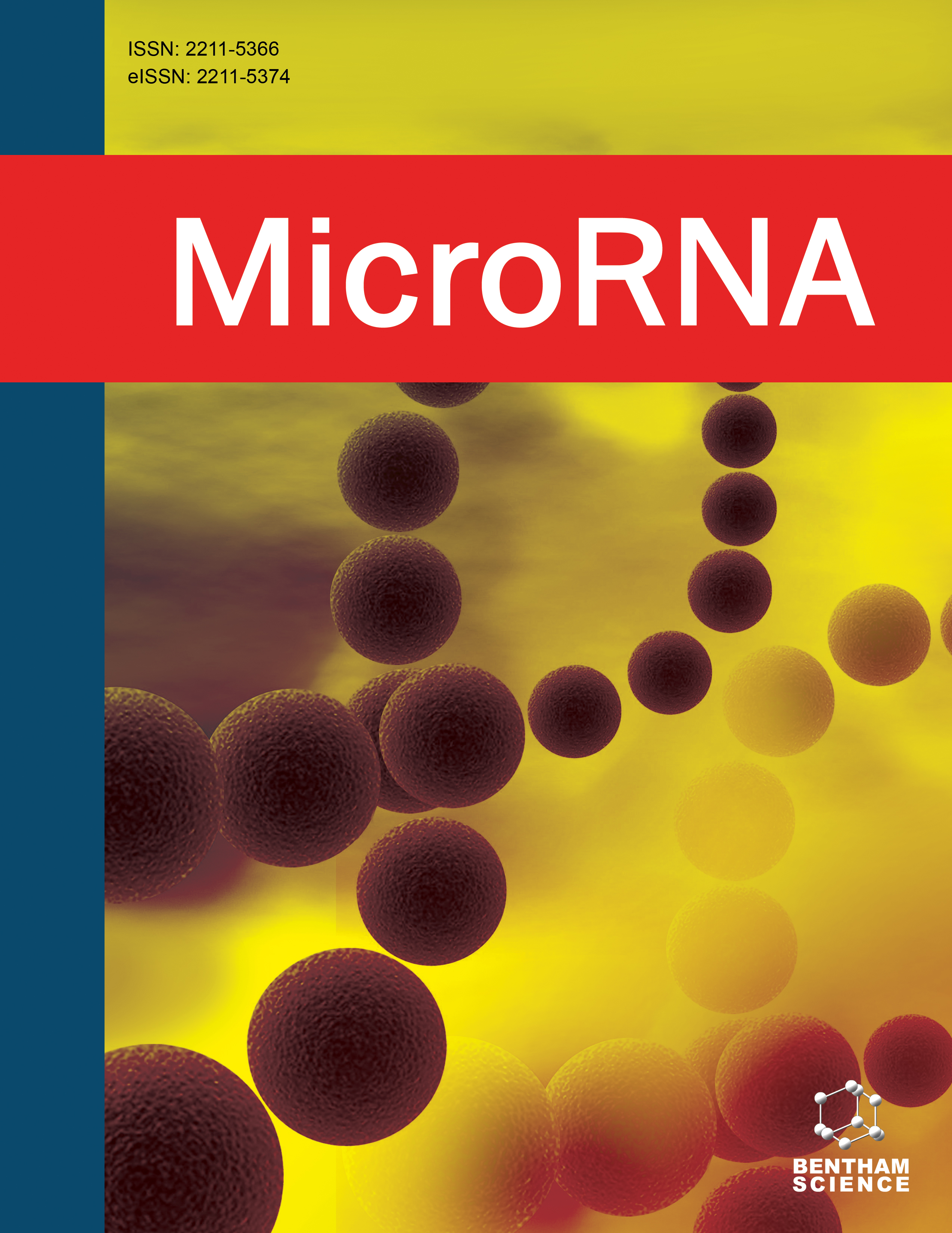-
s The Role of Urinary miRNAs in the Diagnosis, Management and Follow- Up of Prostatic Cancer
- Source: MicroRNA, Volume 12, Issue 2, Jul 2023, p. 83 - 86
-
- 01 Jul 2023
Abstract
Diagnosis and management of prostatic cancer (PCa) cases mainly rely on levels of prostatic- specific antigen (PSA) levels. In the majority of cases, rising of PCa is usually responsible for elevated PSA. However, a wide variety of prostatic abnormalities, such as benign prostatic hyperplasia and infection or inflammation of the prostatic glands, may also impact prostate levels. Due to the low specificity and sensitivity of the PSA test, elevated PSA levels can lead to unnecessary prostate biopsies or surgical interventions, constituting this diagnostic modality a controversial screening test. Therefore, the discovery of new non-invasive biomarkers, such as urinary miRNAs, could shed light on the optimal management and follow-up of patients with prostatic lesions. This study aims to evaluate the utility of urinary miRNAs as a new PCa prognostic biomarker, discovering its current limitations and proposing methods to overwhelm current challenges.


